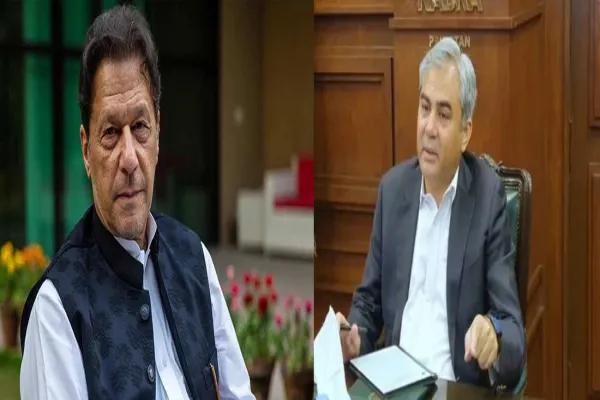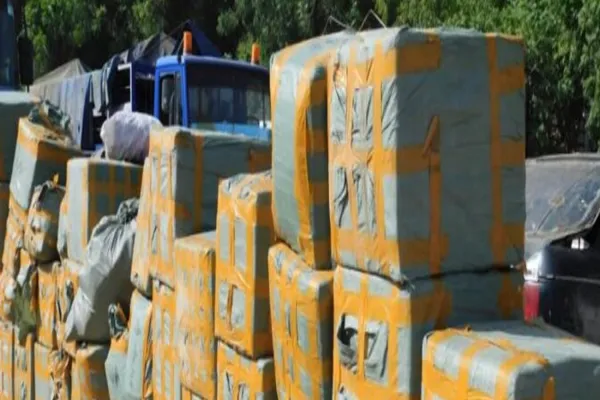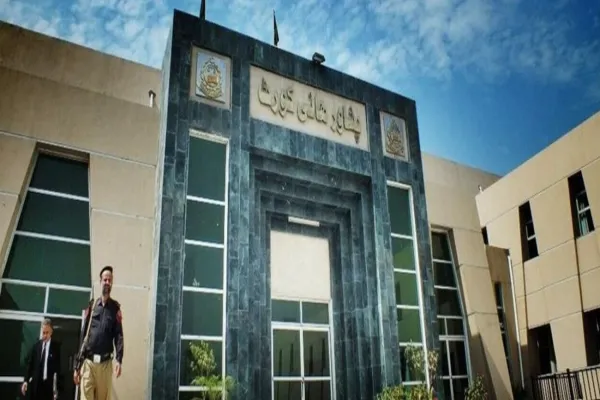i NEWS PAKISTAN
Recharge Pakistan Programme (RPP) initiative will ensure sustainable water conservation in Pakistan. It is more than a choice to mitigate bad climatic impacts causing water scarcity in the country, said Coordinator to Prime Minister on Climate Change, Romina Khurshid Alam while chairing a high-level meeting addressing the said issue.
In the meeting joined by the national and international water conservation, climate change, flood risk management experts, she said, “Recharge Pakistan programme is an important water conservation policy initiative, which would be launched on Tuesday (September 10), aims to building Pakistan’s climate resilience through ecosystem-based adaptation for integrated flood risk management and conservation of excess flood water and utilize it for meeting growing water needs of domestic, industrial and agriculture sectors.”
She shared that RPP would be implemented by a non-governmental organization in collaboration with the climate change and environmental coordination ministry and provincial governments. It will be beneficial in building the country’s climate resilience through cost-effective ecosystem-based adaptation measures, RPP will help in increasing the water storage and recharge through wetlands, floodplains, and hill-torrents management.
Romina Khurshid said, “Pakistan faces mounting pressure on its water resources due to climate change impacts, population growth, and inefficient usage. The Prime Minister’s Coordinator Romina Khurshid Alam stated that the Indus river is experiencing catastrophic floods and droughts exacerbated by climate change. So, it is imperative for every citizen to recognise the urgent need to conserve water at all levels”.
She said that the riverine water flows and shifting rainfall patterns have becoming increasingly unpredictable and declining in the country because of exacerbating fallouts of global warming, conserving available water resources to meet domestic, industrial and agricultural needs is of the critical importance for the country’s economic sustainability.
Talking about adverse environmental impacts of inefficient use of water resources, particularly by agriculture and industrial sectors, PM’s climate aide said water scarcity can destabilise the socio-economic cycle. With over 90% of Pakistan's water used in agriculture, efficient water use is essential. Its mismanagement also leads to the degradation of ecosystems and polluted water bodies. Water conservation protects the ecosystems and biodiversity, crucial for the environment and human health.
Given the realisation, the Prime Minister Shehbaz Sharif is particularly committed to support policy efforts that would help Pakistan achieve water security, she told that the present government remains committed to supporting and implementing policies and initiatives in collaboration at all levels to promote sustainable water use.
She urged all citizens to take immediate steps to conserve water in their daily lives, encouraging farmers to adopt modern, systems and supporting industrial initiatives for water recycling and minimizing waster, she pointed out that climate change was reducing the availability of freshwater due to irregular rainfall and glacier melting.
Credit: Independent News Pakistan (INP)









